How to reduce regional import bill: Joe Pires on the politics of food
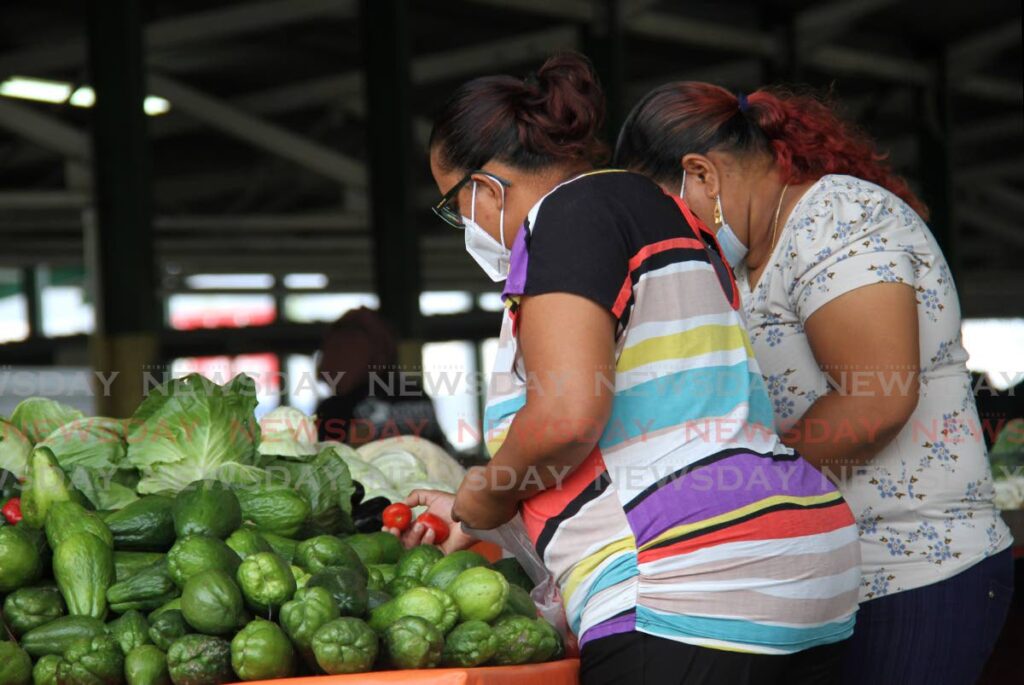
Food security for the Caribbean has never before commanded the top priority of its leaders as global supplies of key ingredients of our diet are becoming increasing expensive, in short supply or wilting in the extreme temperatures as mega-farmers battle the effects of climate change.
Next month, as part of the Caricom initiative this country will host an agriculture investment forum aimed at encouraging investors to meet a laudable goal of reducing the almost US$5 billion food import bill by 25 per cent in the next three years.
Business Day sat down with mega-farmer Joe Pires, managing director of Caribbean Chemicals, recently for a wide-ranging interview at his Aranguez head office to get his views on the latest initiative. He pulled no punches, as he was both optimistic and pessimistic about something he has been speaking about for the past 30 years.
The agriculture summit will be held from August 19-21, at the Queen's Park Savannah in Port of Spain and it aims "to revolutionise the agricultural sector in Trinidad and Tobago and by extension across Caricom member states.
"An important part of its agenda is to strengthen linkages along the food value and distribution chains in order to make locally-produced food more affordable and attractive throughout the country. Furthermore, the event will also highlight the use of technology to modernise current agricultural practices, increase efficiency and improve safety across the sector," according to the Ministry of Agriculture.
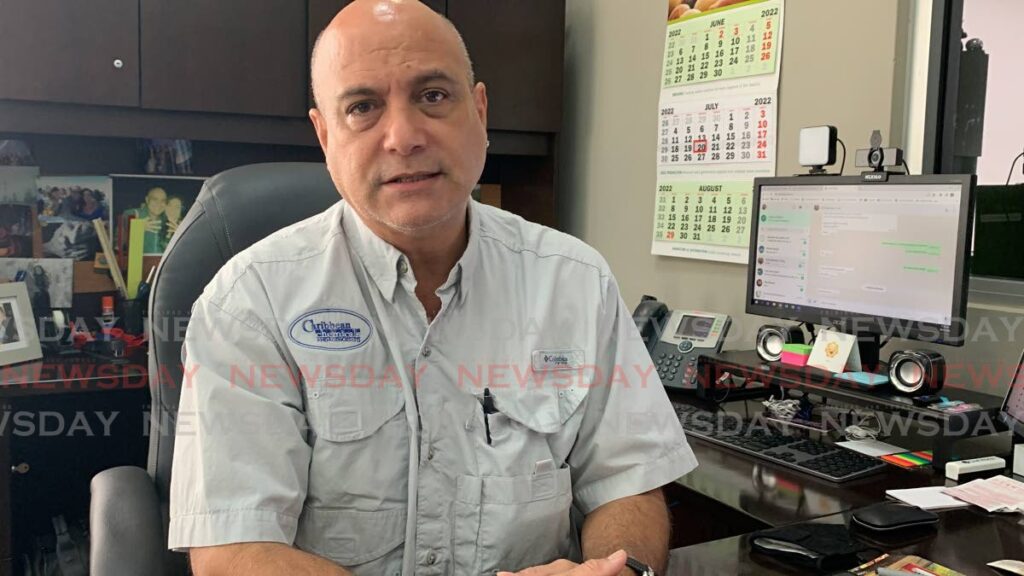
It will comprise two main components: a forum and an exhibition. The forum provides an opportunity for multilateral engagement, as it facilitates the creation of relationships and allows for interaction between representatives from Caricom, and the public and private sectors.
Pires said the first stark warning of how vulnerable the Caribbean's food security came after the terror attacks in the US in September 2001, when all shipping ports in the US were shut down for a month, and the ripple effect saw no fresh produce or frozen items coming from this country's largest supplier in the ensuing three months.
"That impacted us immediately, and I know a lot of people might have forgotten that. And I started talking about if a world war came, if other things came that would impact our food security, how would it affect us.
"And we're once again living in it. The issue for me has always been a leadership issue, unfortunately, and I'm looking at it as a overall system."
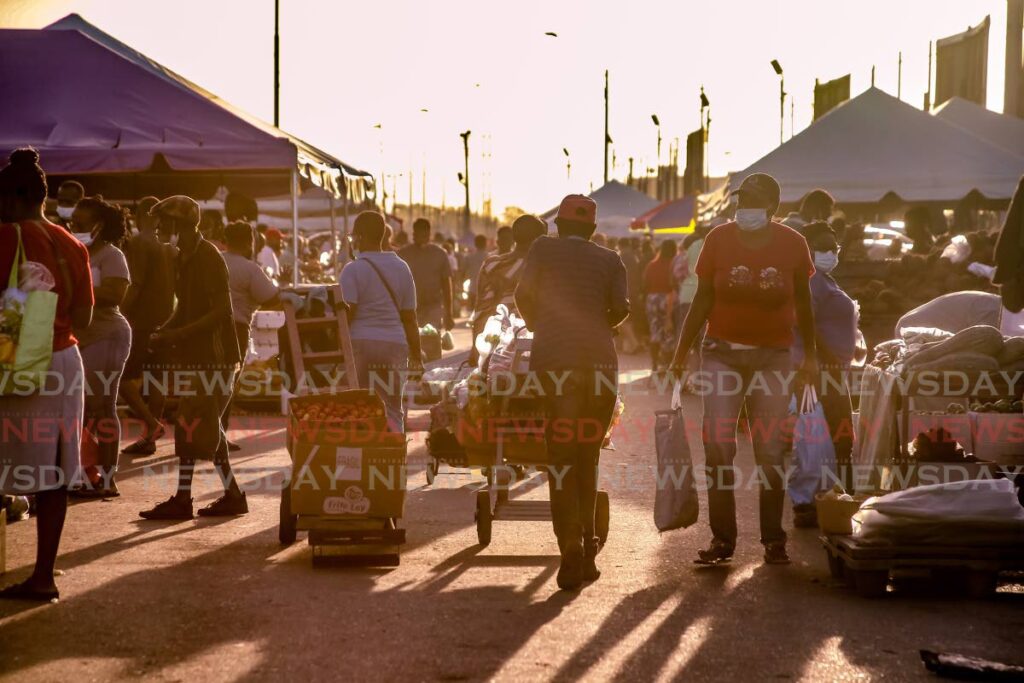
Over 50 years ago, when the US exchange rate was under $4 to US$1, the food import bill for this country stood at US$250-US$300 million but now it has climbed to a staggering US$1.2 billion with the exchange rate now at $7 to US$1. But by Pires' calculations the import bill should be closer to US$600 million.
He said the war between Russia and Ukraine and the skyrocketing price of fertiliser, coupled with the astounding jump in shipping costs, have all contributed to the increased costs of importing food.
Turning specifically to the Caricom initiative, Pires said if the food import bill was reduced by ten per cent by 2025, that would be a significant progress, as "the bill is getting bigger and bigger for each island.
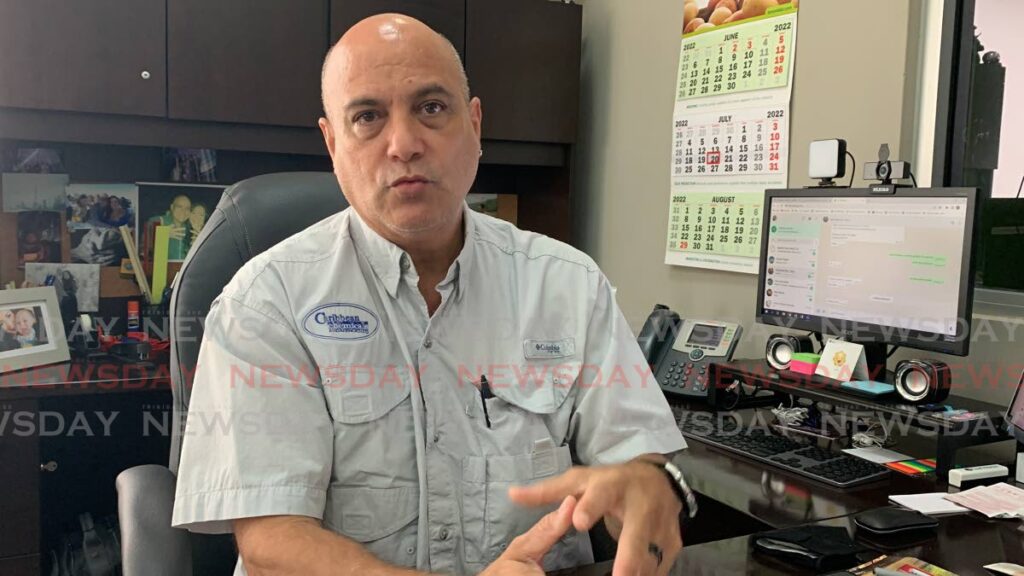
"We've been talking about this for well over 30 years. The Caribbean as a community, because of the different lands – you know, Dominica is a very hilly island whereas Jamaica is a flatter island and Guyana has huge, and Suriname has huge land expanse.
"So what work should we be doing? We've been saying for years that I would rather give my US dollars to Suriname or Guyana because they are a Caribbean company or a Caribbean partner, rather than give it to somebody in Thailand or China.
"We need to look at it as a Caribbean thing – and this is something not new, I may not be the first person to say it, but I've been preaching it for the past 30 years. We need to realise, based on land, land size, land soil capabilities, knowhow, the history of the island, the history of the farmers, everything like that, and then set up a plan.
"For example, we already know Grenada grows nutmeg. So TT should not grow nutmeg, because they are experts in nutmeg. We can grow a little bit, because we want to ensure if something happens to Grenada or if something occurs, we have some supply to carry us two to three months.
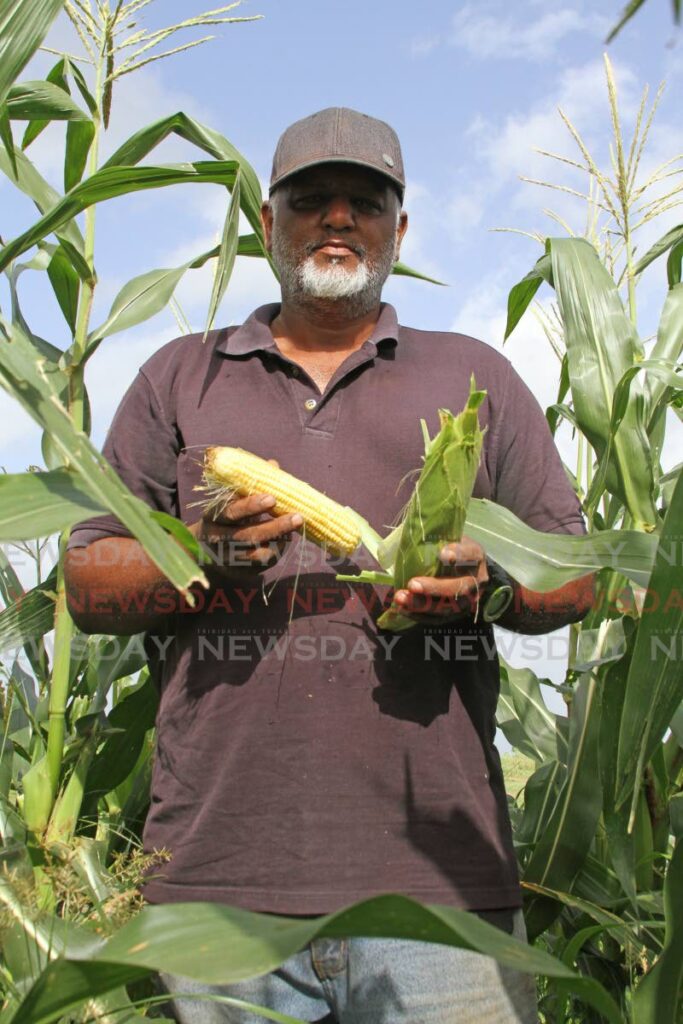
"But again, I'm not saying to the food importers that we're going to replace 100 per cent. Again, it's going to be extremely difficult because of climate, weather, conditions that a crop needs to support, to alleviate 100 per cent.
"I'm saying let's set objectives too, whether it be 80 per cent, 50 per cent or 20 per cent, let's at least start to look at it.
"Guyana because of their expanse, should be looking at the commodity items."
He said the smaller Caribbean islands are better at root crops and TT should be using its low energy costs to grow crops like greenhouse tomatoes, aquaponics, hydroponics to some degree.
"We should be looking at our high-end varieties that we can grow here. Again, Jamaica has hills, Jamaica has hills with cool temperatures, so they should be looking at cool crops, things like strawberries and berries that they can grow in the hills. Of course, again, they have large expanse of land, so papayas can be grown all over. I always give the story of pawpaws as a crop."
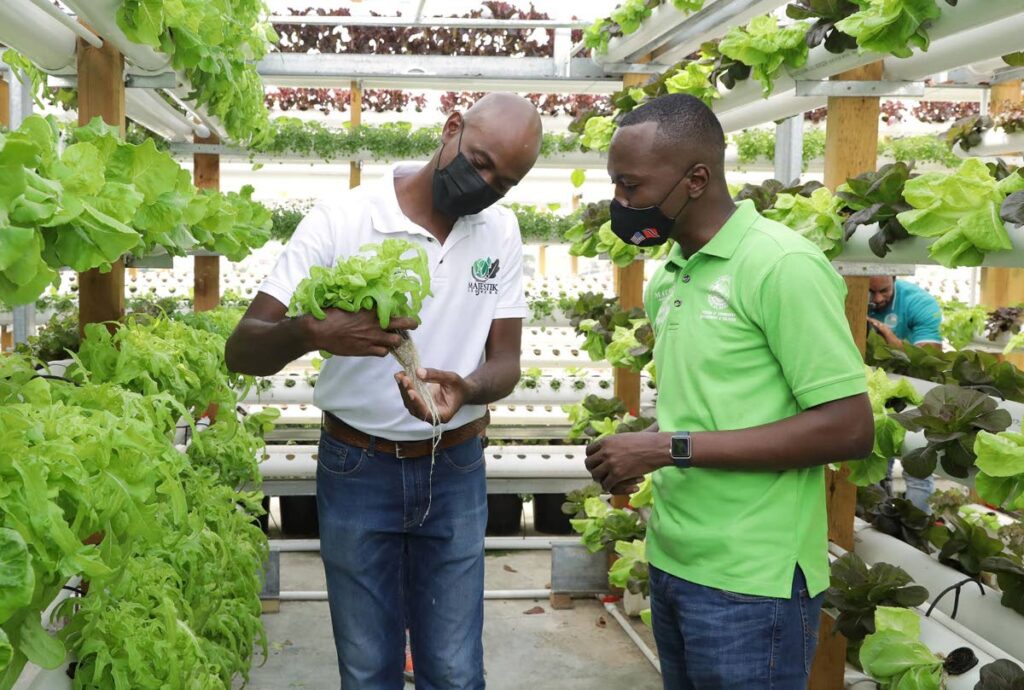
Pires said he recalled on entrepreneur who experimented with "taking a green pawpaw, cutting it into cubes, throwing it in a can and throwing syrup and apple flavour in it and using it to sell to bakeries. That apple-pie filling tasted, smelt, everything like an apple pie in it, and he was making a lot of money on it."
Asked if he was optimistic that the idea of the Caribbean being able to feed itself could be a reality in his lifetime, Pires was pragmatic, saying he had worked all his life in the agricultural sector and was now looking at retirement, but was certain if the initiative is to bear any fruit it will be determined by the selection of the right leader.
"It boils down to leadership. Who is put as chair of that committee will be the key to the success of this throughout the Caribbean, who is put as CEO of that company set up to establish it – because that's the only way I would do it. I wouldn't allow government to do it, it has to be a company with set mandates and set targets and set everything. And that's what I would do initially to get and ensure it's done.
"Of course each country is going to battle for what they want, and the politics involved there, but at the end of the day, I think once the common consensus is that we want to feed the Caribbean community...together we can do it."
He said a plan has to be drawn up for each country and what crop it would bring to the table.
"Guyana, with its new-found wealth, cannot feed the entire Caribbean. They just can't. They don't have enough arable land. They have enough land, but not arable land.
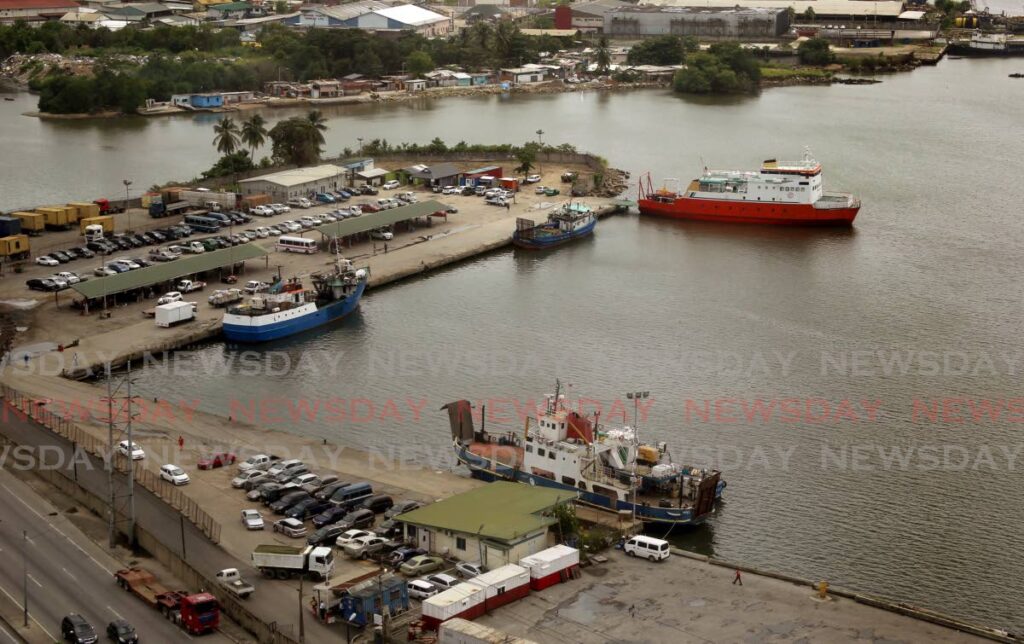
"Same thing with Suriname, same thing with Jamaica.
"Dominican Republic is the best island in the Caribbean with agriculture, when you go to Dominican Republic you understand how much money is involved in agriculture and how much exports."
He said the Dominican Republic is a success story, as it exports 90 per cent of its produce, with organic bananas being the number-one export going to supermarket shelves in Europe, earning up to US$500 million in revenue.
On whether alternative foods, such as cassava flour, can replace the traditional wheat flour, which is imported, Pires said the Caribbean leader must understand the "politics of food."
He said while Caribbean farmers would not be able to compete with American farmers whose mega-farms of corn are subsidised, if Guyana or Suriname decides to grow 50,000 acres of corn each and the production is mechanised, then they can compete.
"Our freight is going to be cheaper, our cost of doing business is going to be cheaper, because we don't have to go through intermediate banking. Our cost of finances is going to be lower. The governments can make funds available to these farmers based on yields and quality etc that lower or subsidise.
"I would rather pay a farmer a subsidy and ensure that we have food security than pay a subsidy to a US farmer. Because we are importing it and we have to understand the politics of food.
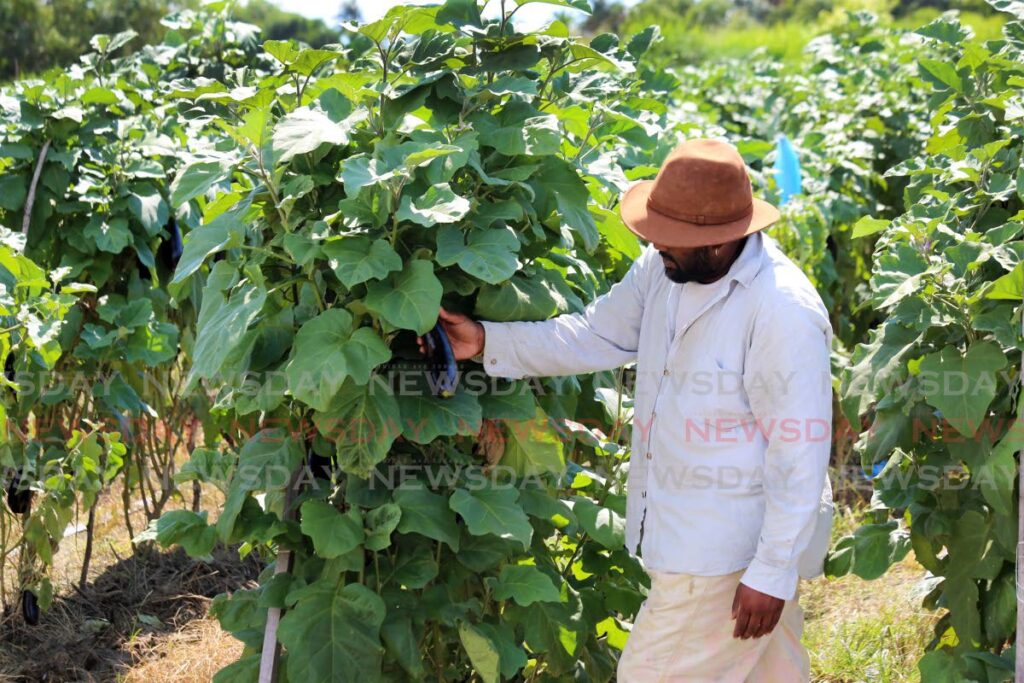
"The US knows it. The politics of food is very strong, and until the governments of the Caribbean realise that a country that cannot feed itself will never prosper, it's important for us to ensure that we recognise that food security is critical.
''When you have money flowing, it's easy to import. When things get tough, it shows you. Unfortunately, it's been a cycle and three years later you get out of it and everybody forgets, right?
"But, again, this is where I say leadership comes in. Somebody with some cojones to make some decisions and go against big business.
"It's also big business, because the value of onions, potatoes, carrots, peanuts, garlic, imported into TT, runs into the millions of US dollars. Millions. Not one million, two million. It's US$40 million, US$50 million. You understand the value of that?" he asked rhetorically.
Pires said the only way to compete is through fully mechanised farming because of the lack of interest in the labour market. He suggested a reform of the policy involving migrant labour for any nationality to be able to work under humane conditions as a solution.
"This is not about which country the workers coming from, which is the politics involved in agriculture, because they don't want to say, 'Oh, you supporting this side, and they supporting that side.' Let's just open it up and say, 'This is our migrant policy for workers.’.
"No Trinidadian wants to do it any more. So recognise that as your first problem and let's allow these guys, under our rules and regulations, to bring whoever they want and we will inspect the properties every six months. We're going to send a doctor from Ministry of Health to make sure everyone is doing well, and the farmer has to pay for their services, because you have to pay for it.
"You want cheap labour? This is what it's going to cost. This is the quality or standard of living, you can't put them in a ply(wood) box, it must be a brick house. The salary has to be enough that they can live, they won't become a burden on the state.
"So that's the first issue we have to address to start improving agriculture."
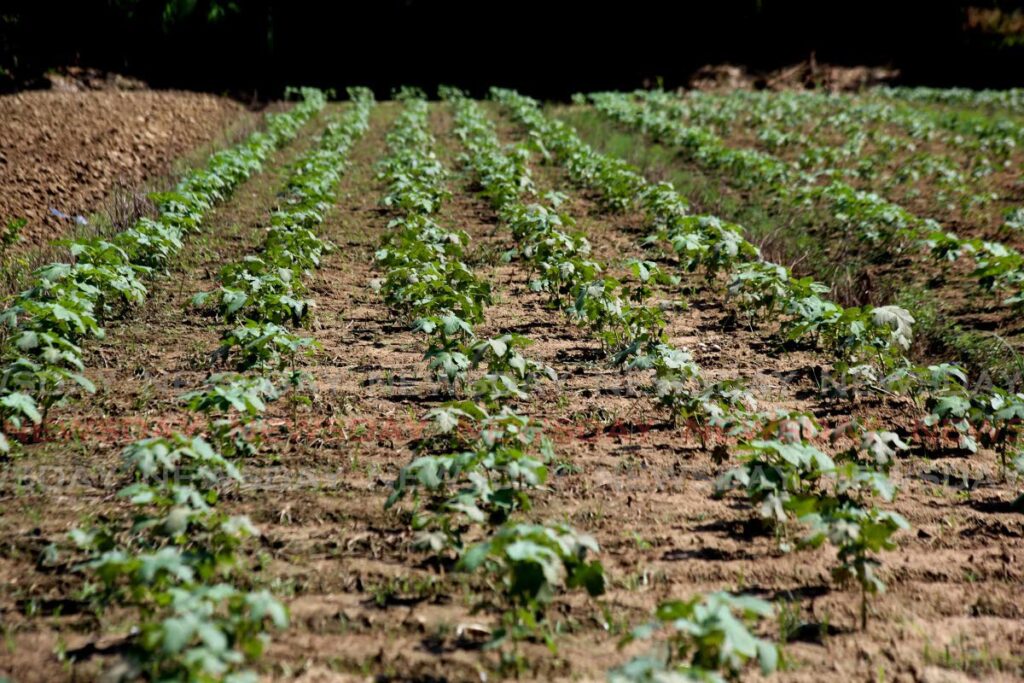
On the issue of leadership, at a ministerial level he said former minister of agriculture Clarence Rambharat was the longest-serving in this country's history, with seven years in office, as in the past ministers often changed in Cabinet reshuffles, bringing significant change in policy and drive.
He said the same applied to other Caribbean counties, with the exception of Jamaica, which has had successive governments in the last 12 years "interested in carrying agriculture forward."
"I will use Jamaica as an example. Five-six years ago, Jamaica was a net importer of potatoes. Last year, Jamaica exported a container of potatoes or two to Cayman Islands. They've started – and that's of course working with us: we introduced new varieties, increased yields and everything like that.
"They're now working on their onions. So we expect in two years' time for them to become an exporter of onions.
"And that's what we've been talking about for the last 20-30 years, maybe even more. We're suggesting to any government that they choose five products, one of which is a meat, a protein. So whether it be chicken, a fruit, an orange or a lime – I mean, we know the price of lime in Trinidad, this has been the same problem for ten years, a lime at $5 for ten years, it has not changed, why is that? And then maybe three vegetables that we import. Come up with a five-year plan. It's easier for the large food import companies to deal with one supplier out of California who belongs to a core of 60-70 farmers, who can supply them. And that's just one crop. With a container of broccoli every week, or a container of lettuce every week, or a container of brussel sprouts every week, or whatever it is.
"Again, the US is a significant improvement because of their futures market. Everybody knows what the future of pork is going to be, everybody knows what the future of milk is going to be. Unfortunately, as a small island state, it's difficult. But we can get around that and we can start to get involved in it."
Pires said the opportunities are available in TT for arable lands to be leased to mega-farmers who can take advantage of the cheap electricity and water to grow food at a cheaper cost than other Caribbean islands where the utility rates are far more expensive.
"So we've got to recognise that yes, technology has to play a part, but what works in Canada where the ground is frozen or hard six-eight months a year, may not work in TT. And until you recognise that, then we have to look at what can we do in TT to upgrade our agriculture.
"Look bamboo, I mean, that's a crop we never even thought about as a cash cow, but the amount of bamboo coming out of China right now, why can't we grow it as a crop? Bamboo is all over TT, in the flooding areas where floods, bamboo love water and it doesn't affect the bamboo, so let's look at the flooded areas and grow bamboo, cut the bamboo, process it and whether we make flooring here or ship it away as flooring base, then that's a different story, we creating an export industry. Farmers would earn US dollars. I'm just using that as an example because it's the newest thing that we, as a company, are thinking about.
"We're seeing all our farmers losing their shirts in flooded areas. What can we grow in those flooded areas that can make them some money, that is a quick one-year crop?
"And once you start one year, it's continuous for the next 40 years."
Pires said with the right leadership, political will and investment, TT can make a significant contribution to reduce the burgeoning food import bill, and he stands ready to play his part.


Comments
"How to reduce regional import bill: Joe Pires on the politics of food"